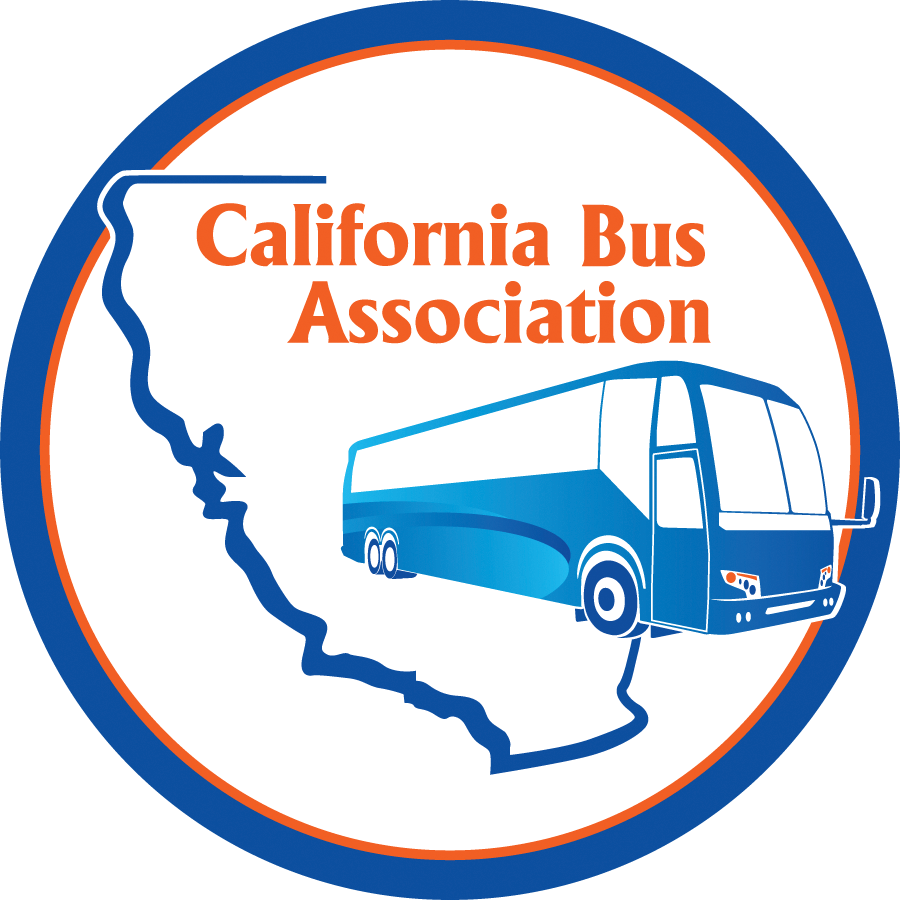As part of its ongoing education and professional advocacy programming, the California Bus Association (CBA) hosted its second annual virtual Earth Day Ecological Expo for its members and the industry at large in honor of Earth Day.

“The focus of the April 22 program was to put sustainable transport ideas in front of members as the industry begins to adjust fleets for an even greener transport future,” said Vickie Cole, President of the CBA board and American Stage Tours in Concord, California.
“The industry is still loyal to clean diesel for the convenience and service requirements for long-distance travel, but motorcoach builders and suppliers are ready with electric today. Already, that puts our industry in the spotlight and makes our membership more marketable against other modes of transportation, from trains to planes,” Cole said in a statement.
CBA invited TEMSA, ABC Companies and Motor Coach Industries (MCI) to give updates on their zero-emissions vehicles.
TEMSA: Building on experience
TEMSA, the major sponsor of the event, launched its first electric version of its popular TS 45E earlier this year at the 2022 UMA Motorcoach EXPO. The model is already equipped with its third-generation battery pack, shared North America Country Director Fatih Kozan.
“All the experience we’ve learned with our models in Europe, we carry over into the U.S.,” Kozan said.
With offices in Orlando, Florida, and Burlingame, California, the 54-year-old company distributes buses in 66 countries and has produced electric models since 2016. TEMSA plans to ship about 80 electric coaches to operators within the next 12 months, he added.
The company’s 2024 prototypes will integrate solar solutions, Kozan said, adding operators can expect autonomous vehicles from this manufacturer down the road. TEMSA already has a battery-electric, 30-foot AV low-floor transit bus testing in Adana, Turkey, the location of its factory, and is exploring fuel cell technology.
ABC: Everyone has to be on board
ABC Companies has made headlines taking Van Hool’s electric motorcoaches on long road tests.
The North American distributor for the Belgium-based manufacturer took a Van Hool TDX25E electric double-decker motorcoach on a 2,500-mile, zero-emission road trip over six days using public charging before delivering the coach.
“The public grid of charging isn’t designed for large buses at this time, and we (in the industry) will have to address that,” says Thom Peebles, Vice-President of Marketing for ABC Companies. “We’re an industry that’s always been green. We love our clean diesel buses, but converting to electric is a lot like quitting smoking — you have to really want to and everyone in your organization has to be on board.”
He noted that ABC offers a wide range of EV choices, including Van Hool’s 45-foot CX45E and double-decker TDX25E premium motorcoaches, along with electric vans and shuttle buses from leading brands such as Turtle Top and Vicinity Motor Corp. (VMC).
ABC also helps operators with their vehicle selections by determining route needs, passenger capacity, operating environment and charging solutions from ABB and ChargePoint, and offers a repowering program, converting diesel vehicles to electric.
MCI: Moving fast in electrification
Motor Coach Industries (MCI), which already has 20 D45 CRT LE CHARGE electric coaches operating in Southern California, is planning an electric cross-country trip to New Jersey.
“Now that MCI is part of New Flyer, which offers six different propulsion systems — including a hydrogen fuel cell on the same body as clean diesel models — MCI is able to take advantage of their knowledge,” said Brent Danielson, MCI Chief Engineering Manager for Product Planning.
“Diesel isn’t going away. Yet, we’re moving fast in electrification with the next generation of our batteries already on the horizon — six months to a year — which will increase mileage range,” Danielson said.
Michael McDonald, Operations Manager at the New Flyer/MCI Vehicle Innovation Center in Anniston, Alabama, added, “Electric brings lower life-cycle costs overall. Our plan was to keep much of the diesel coach alive. We actually designed our platform to replicate diesel parts and placement.”
MCI utilizes New Flyer Infrastructure Solutions for planning and developing plug-in charging turnkey solutions.
Clean power sources
Solar technology, added to fleets in aftermarket, has proven to reduce operating expenses and carbon footprints, according to Venkatesan Murali, founder and Chief Technology Officer of Merlin Solar.
“We offer A/C charging solutions to reduce idling, and our solar battery charging solution reduces replacement and virtually eliminates jump starts,” said Murali, who reviewed solar-power applications and installation on coaches and other vehicles.
David Kestenbaum, founder and Director of eRating.org — an educational and idle-free driver training program at the University of Vermont’s Certification for Sustainable Transportation (CST) program — discussed the current state of sustainable motorcoach travel and his involvement in projects in other parts of the world, including Costa Rica.
He reminded CBA’s members how Earth Day found its start in Santa Barbara, California, becoming a worldwide movement to remind event attendees of the industry’s role in protecting the environment and preserving the Earth.
He noted the motorcoach has been the most environmentally sound form of transportation since its invention more than 100 years ago.

